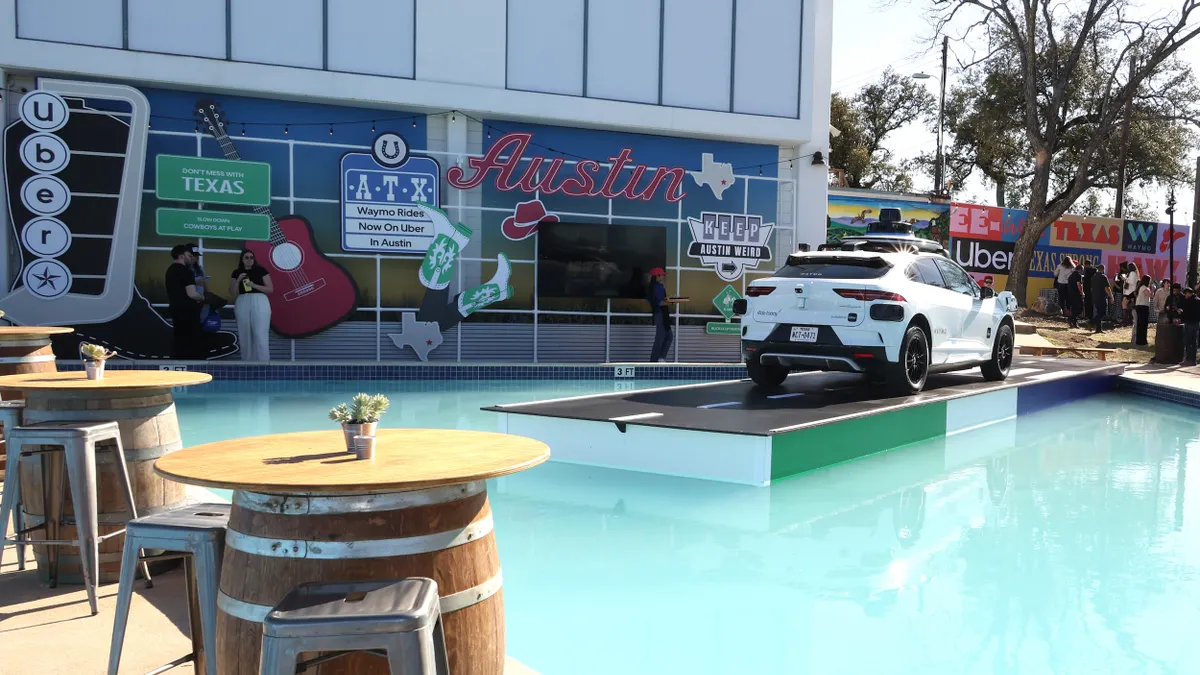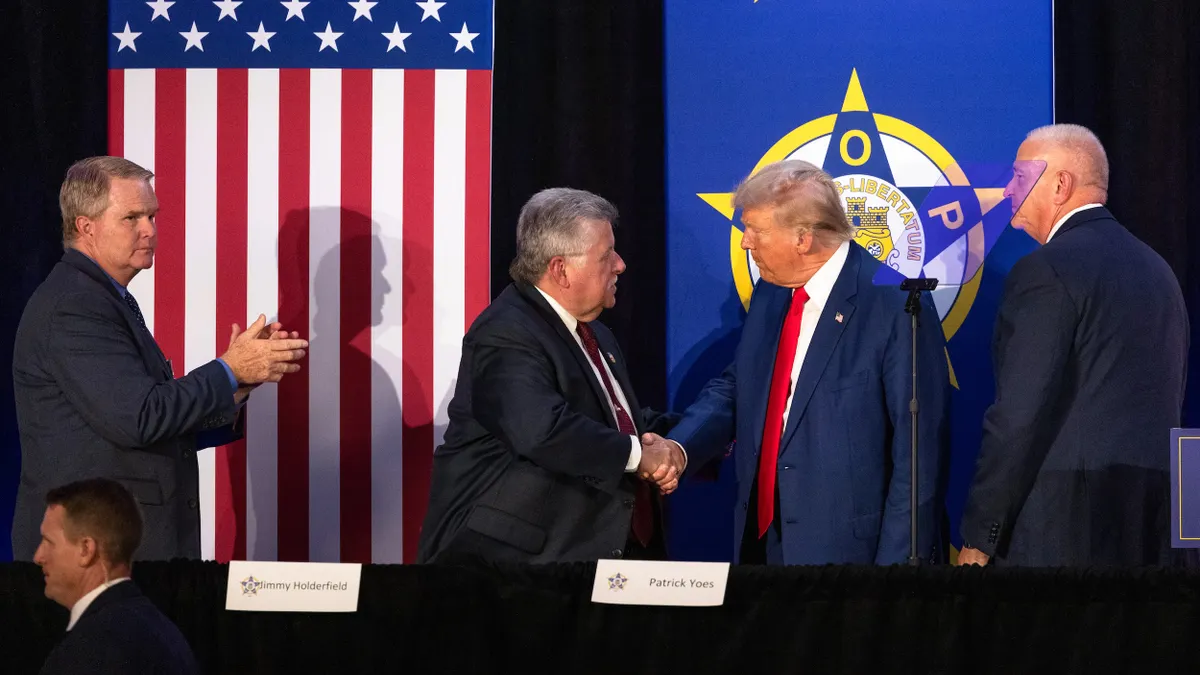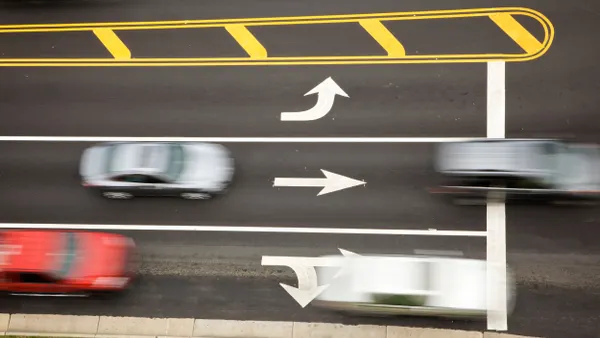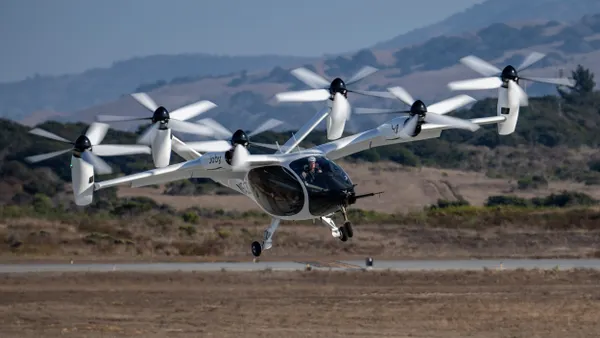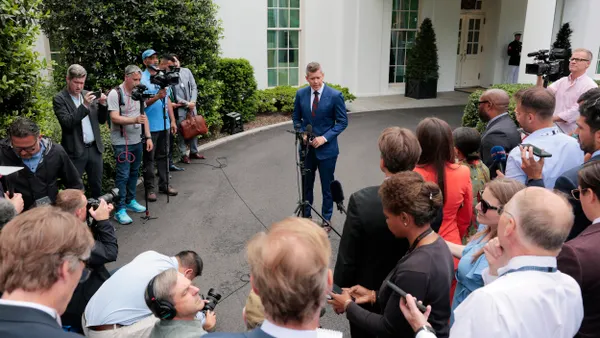Dive Brief:
-
Two U.S. senators have introduced legislation that would use competitive grants to encourage cities to develop better transportation systems, according to The Hill.
-
Sens. Richard Burr (R-NC) and Catherine Cortez Masto (D-NV) used the Obama administration's Smart City Challenge as a model for their bill, which would award two large and mid-size cities up to $80 million annually and two rural and regional areas up to $20 million each year. The measure would also make grant applicants eligible for other federal programs that fund innovative transit projects.
-
The bill is meant to promote the creation of novel transit systems like that of Smart City Challenge winner Columbus, OH, which won $40 million to link a rapid bus service hub to a retail district via autonomous electric shuttles.
Dive Insight:
Columbus officials hit on the core of the Smart City Challenge's goals, which center around improving economic opportunity for its residents, according to the U.S. Department of Transportation. Smart City organizers say cities are grappling with specific challenges when it comes to upgrading their transportation, including making sure all residents can benefit from it and reducing carbon emissions.
The jury is still out, however, as to how one of the most popular emerging transportation technologies — connected and autonomous vehicles (CAVs) — will impact the environment.
CAV technology could encourage those who don't currently drive to hit the road, resulting in an increase in total miles traveled. Ride-sharing could reduce the related carbon emissions to some extent, says the nonpartisan policy group the Center for American Progress. Once an adequate number of CAVs are on the road, communities can begin to reap the benefits of streamlined travel. However, highways are in for more congestion at first as autonomous vehicles add to, rather than displace, vehicles currently in use.
Earlier this month, the House passed a bill to expedite CAV technology and the USDOT released voluntary guidelines to begin to establish a regulatory framework.
Several states have already rolled out their own CAV testing and regulations. For example, Florida is building a 400-acre test track where it will try out new high-speed toll technology and vehicle-to-vehicle and vehicle-to-infrastructure communication. A Tampa, FL, pilot program will see about 1,600 private vehicles, 10 city buses and 10 streetcars testing out connected vehicle technology.




